Each academic staff (professor) has their own research group.
Details of the major (Leading Graduate School)
Energy and Materials Design
Department of Food and Energy Systems Science
AKISAWA, Atsushi
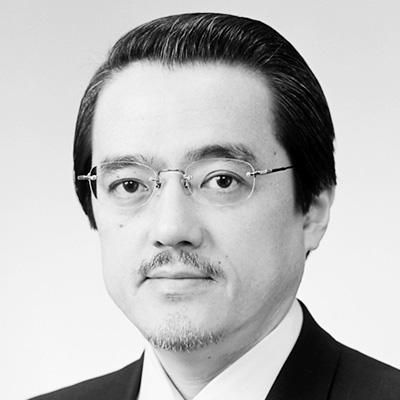
- Degree
- Doctor of Engineering
- Research Area
- Energy Systems Analysis
- Keywords
- Saving energy, Energy Efficiency, Modelling Analysis, Solar Energy
- akisawa(@)cc.tuat.ac.jp
Evaluation and development of long term energy-saving technologies and sytems despite of limited natural resources and global warming problem. In the other hand, development of various energy technologies and in the same time the change of energy policies such as deregulation of the market also occur. Based on these options, the studies on evaluating the effect of external factors and system analysis is conducted to clarify the most desirable state. Based on the use of multi-stage heat (cogeneration), the research on the evaluation of energy conservation policy and energy saving technology using an optimization model is also conducted. In addition, we have studied the application of heat-driven refrigeration cycle that can supply the cold by effectively using solar heat or waste heat.
Energy Systems Analysis
TOMINAGA, Yoichi
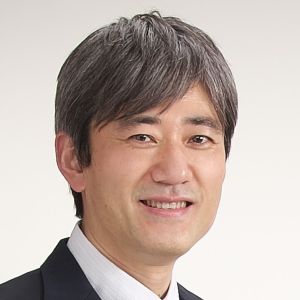
- Degree
- Dr. Eng.
- Research Area
- Energy and Materials Design
- Keywords
- Polymer electrolytes, Lithium batteries, Polymer blends and composites
- ytominag (@) cc.tuat.ac.jp
Design of solid polymer electrolytes using CO2 and improvement in ion-conductive properties, Functional mesoporous ceramics for polymer composites, Ion-conductive rubbers and their blends, Development of polymer-based flexible Li-ion batteries.
Y. Tominaga, V. Nanthana, D. Tohyama, Ionic conduction in poly(ethylene carbonate)-based rubbery electrolytes including lithium salts, Polymer Journal, 44 (12) 1155-1158 (2012).
Y. Oe, Y. Tominaga, Utilization of carbon dioxide for polymer electrolytes [I]: Effect of supercritical treatment conditions on ionic conduction in amorphous polyether/salt mixtures, Electrochimica Acta, 57, 176-179 (2011).
S. Kitajima, Y. Tominaga, Enhanced cationic conduction in a polyether/saponite nanocomposite treated with supercritical carbon dioxide, Macromolecules, 42 (15), 5422-5424 (2009).
Biomedical Photonics
NISHIDATE, Izumi
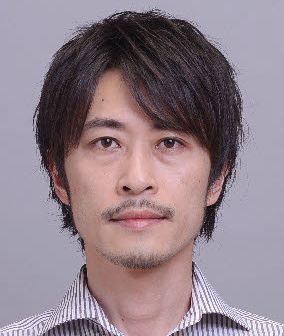
- Degree
- Doctor of Engineering
- Research Area
- Biomedical Photonics
- Keywords
- Biological Functions Spectroscopy, Medical Photonics
- inishi(@)cc.tuat.ac.jp
Our body made from various kind of cells that have different function and size ,that typified by hemoglobin and melanin. These contains the several essential protiens which important to the life activity. For example, if you shine a light on the skin, some of the light will be absorbed to the skin and enter the body, and some of the light will scattered by the pigment cells and tissues. The conditon has been known as the interation of light and the biological, which shows tha spectral (spectrum) characteristics for different kind of dye and organizational structure. We conducted experimental studies and theoretical information on how to measure non-invasively the functional information of biological tissue by actively using spectral characteristics of the biological.
Environmentally Sustainable Production Systems
TOYODA, Koki
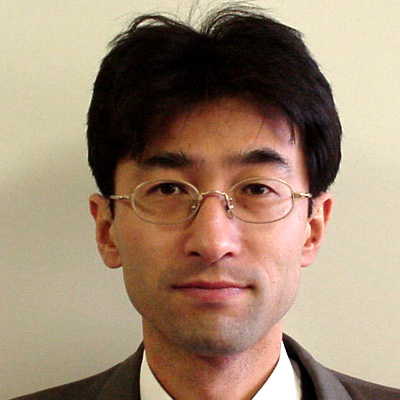
- Degree
- Doctor of Agriculture
- Research Area
- Environmentally Sustainable Production Systems
- Keywords
- Soil Microbiology, Microbial Ecology, Biocontrol
- kokit(@)cc.tuat.ac.jp
The world's population has been increasing rapidly. Increase in food production is an urgent need to support a growing population, it is important in consideration of global warming, the global environmental problems of soil degradation, etc., or to overcome this urgent issues in a sustained manner how. With the aim of ultimate establishment and improvement of sustainable agricultural production system, we have great interest in the following research.In order to maintain a sustainable agriculture, and to apply the sedimentary organic matter such as compost some kind is required to prevent the exploitation because of entails in agricultural production. We considered a single system organic matter continued to use soil and to clarify the biological interactions, including micro-organisms as bacteria and fungi, and protozoa, soil animals. We consider the stability if the system is come from the microbial productivity.
Regulation of Biological Responses
UMEZAWA, Taishi
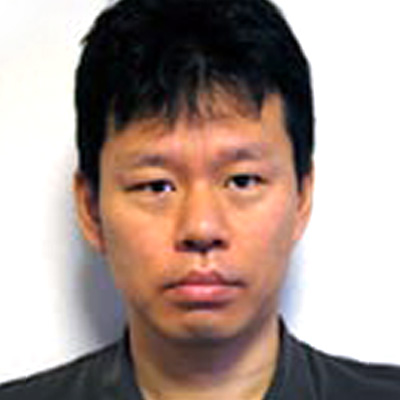
- Degree
- Doctor of Agriculture
- Research Area
- Regulation of Biological Responses
- Keywords
- Plant molecular biology, Biochemistry
- taishi(@)cc.tuat.ac.jp
Recent emerging global and environmental issues, such as desertification or global warming etc., has a great impact on agricultural production worldwide, because such environmental changes cause multiple abiotic stresses (drought, saliniy or temperature etc.) for plants. One of our major goal is to develop stress-tolerant crops/trees, through a series of biological studies on the molecular mechanisms of cellular signal transduction in responses to abiotic stress in plants, mainly focusing on protein posttranslational modifications (e.g. phosphorylation). Our approach includes multiple techniques in plant physiology, biochemistry, molecular biology and systems biology. Recently we are trying to apply phosphoproteomics to investigate signal transduction networks in plants.
Functional Analysis of Materials
NAKATA, Kazuya
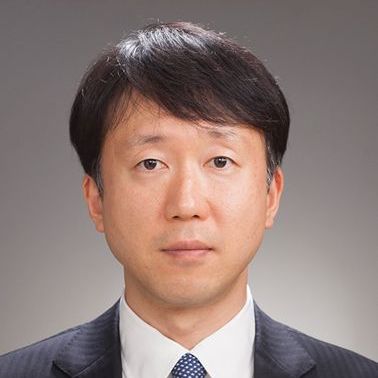
- Degree
- Doctor of Science
- Research Area
- Functional Analysis of Materials
- Keywords
- Photo-functional Materials, Materials Science
- nakata (@) go.tuat.ac.jp
Photo-functional materials are useful in a variety of applications, such as devices converting light energy into electrical energy, optical sensor and filter etc. In our laboratory, we develop photo-functional materials that convert light energy into chemical reaction energy which achieves decomposition of environmental pollutants and harmful microorganisms, and also production of valuable chemicals (solar chemicals) converting from common resources. By using our technologies based on photo-functional materials, we recently focus on developing environment maintenance and resource utilization technologies for living in space environment. Our laboratory is promoting both basic and applied research that integrates knowledge of chemistry and biology using the photo-functional materials that can utilize light energy that is inexhaustible in the earth and space.
Functional Application of Materials
INASAWA, Susumu
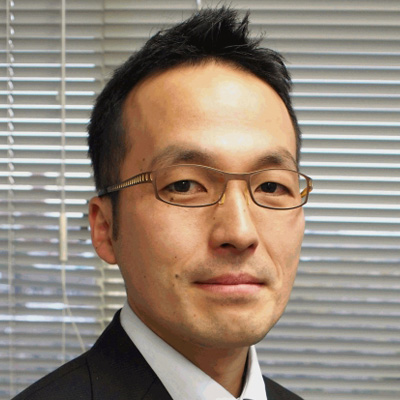
- Degree
- Dr. Eng.
- Research Area
- Functional Application of Materials
- Keywords
- Kinetics in reaction and drying, Silicon materials, Film formation by drying
- inasawa (@) cc.tuat.ac.jp
Reaction and drying are commonly-used processes in industrial production. Our main concern is formation kinetics of “solids” in these processes because large production rate generally degrades the quality of products. How to increase production rate of functional materials in an efficient way? That is our target.
K. Yamaguchi, S. Inasawa and Y. Yamaguchi “Growth kinetics of needle-like silicon wires formed via the zinc reduction reaction of silicon tetrachloride.” Journal of Physical Chemistry C , 2012, 116, 19978-19983.
S. Inasawa and Y. Yamaguchi “Self-organized pattern formation of cracks perpendicular to the drying direction of a colloidal suspension.” Soft Matter , 2012, 8, 2416-2422.
N. Uesawa, S. Shen, S. Inasawa, A. Miyoshi and Y. Yamaguchi “Kinetic study on gas phase zinc reduction of silicon tetrachloride.” Chemical Engineering Journal , 2011, 168, 889-895.
Biomass Production and Utilization Systems
SUZUKI, Takeshi
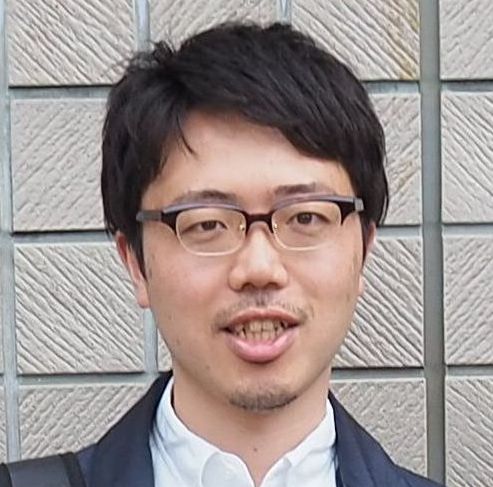
- Degree
- Doctor of Agriculture
- Research Area
- Biomass Production and Utilization Systems
- Keywords
- Insect physiology, Plant Acarology, Environmental Control Engineering
- tszk (@) cc.tuat.ac.jp
Approximately 30% of the world's crop yields are lost to agricultural pests, adding to the recent food shortages. To solve this problem, we are developing integrated pest management technologies with physical, biological, and genetic tools, mainly targeting spider mites, a super pest. We are also conducting research on sustainable food production by utilizing insect functions. Recent major topics include plant-mite interactions, mite silk function and production mechanisms, diapause and sleep in insects and mites, RNAi-based biopesticides, and production systems of edible insects. Our motto is to enjoy the wonder of combination. Our goal is to contribute to the world's food production by combining agricultural and engineering methods, and to conduct exciting science!



